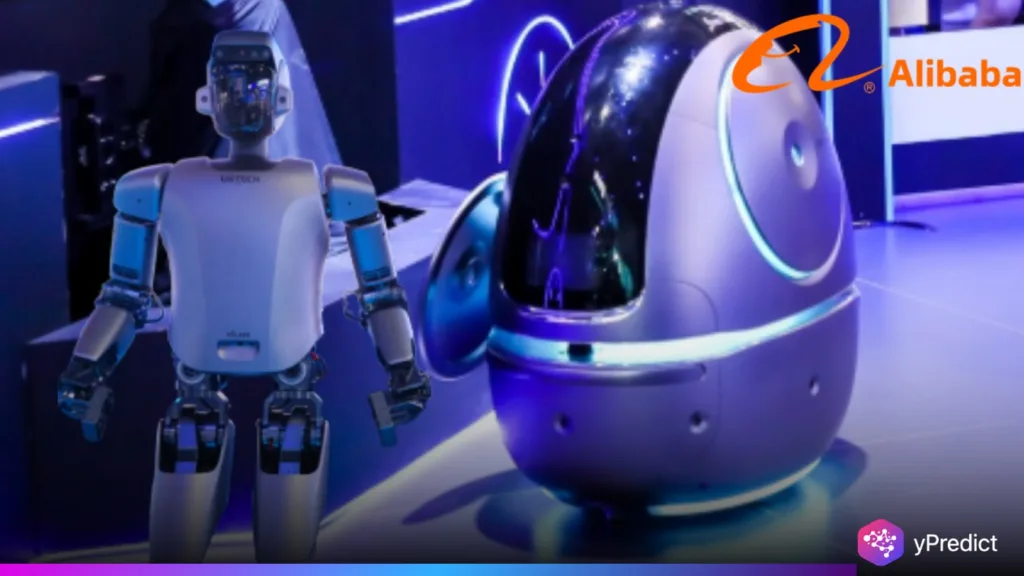
Alibaba Launches a Robotics and Embodied AI Team within Qwen
Alibaba has now formed its own in-house robotics team. It is establishing a “small team for robotics and embodied AI,” according to a Qwen executive, Justin Lin. The newly formed team is under the umbrella of Qwen, the AI foundation model division of Alibaba. Lin articulated Qwen’s ongoing development. The company is advancing multimodal models (images, audio, text) from digital-only activities to physical activities.
The move demonstrates Alibaba’s push to turn AI models into real-world robotics and embodied systems, not just software. Lin said many foundation agents today are still confined to the “virtual world.” Alibaba wants them to operate in the “physical world”, in robots that perceive, reason, and act.
Qwen’s Role in AI Strategy of Alibaba
Qwen is at the core of Alibaba’s AI capabilities. It acts as the engine for its large language models and multimodal AI. By putting robotics inside Qwen, Alibaba is indicating its future AI will integrate perception, cognition, and action. Lin also said the team will investigate long-horizon reasoning in agents that plan and act over extended time scales. This is a difficult undertaking in embodied AI.
Alibaba had demonstrated AI ambition in the past months. It published over 300 open source AI models. This positions Qwen as part of the world’s largest open source AI ecosystem. The company recently moved its AI scientist Steven Hoi to its Tongyi Lab to further enhance the capabilities of its Qwen unit. Elsewhere, Alibaba CEO Eddie Wu has stated that global AI investment might grow to nearly US $4 trillion in the next five years. This highlights the significance of AI in the future direction of Alibaba.
Alibaba’s Broader AI and Robotics Push
Alibaba’s move mirrors a broader trend among tech giants: marrying AI with robotics. Just recently, Alibaba struck a collaboration with Nvidia to accelerate the development of humanoid robots and integrate Nvidia’s physical AI stack into Alibaba Cloud’s offerings. This suggests Alibaba is not just developing in isolation — it wants to tap into external AI and hardware expertise to accelerate breakthroughs.
Through these investments and structural shifts, Alibaba is trying to avoid being merely an e-commerce or cloud company; it is positioning itself as an AI pioneer that conceives models not just for chat, but for embodied systems. The choice to embed a robotics team in Qwen is a strong statement in this direction.
Outlook for Alibaba’s AI Future
In sum, Alibaba is realigning its AI strategy: by setting up an in-house robotics and embodied AI team within Qwen, the company is pushing to bring its foundation models into the physical world. This move underscores Alibaba’s ambition to evolve beyond software agents and to build integrated systems that perceive, reason, and act. As global competition intensifies in AI and robotics, Alibaba’s new structural bet may prove pivotal in shaping how AI blurs the boundary between virtual and real.






